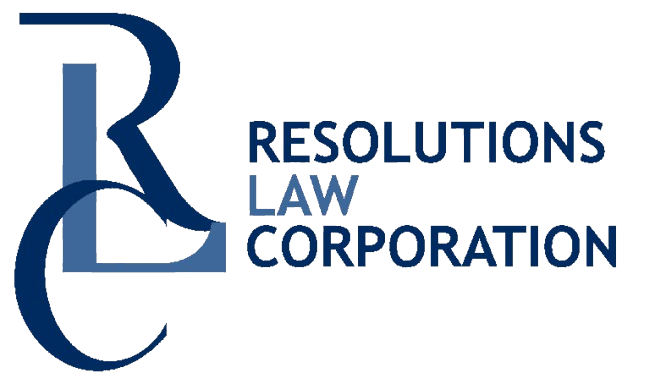When one spouse mainly earns income as a shareholder, director or officer of a corporation, the court will not just consider the income paid to the spouse by the corporation (Namdarpour v. Vahman, 2019 BCCA 153). Instead, the court may look at part or all the pre-tax income of a corporation to determine child and spousal support.
The court uses a common-sense approach to determine how much of the income is appropriate for calculating child support based on the underlying objective of the Federal Child Support Guidelines
–which is the parental obligation to support children.
In Kargl-Fluckiger v. Fluckiger, the court considered what the proper income for Mr. Fluckiger should be by looking at the cash saved in his business, and his decision to use the cash to buy a truck. The court looked at whether an objective, well-informed parent would make the cash saved available as income based on his particular business, having regards to the needs of the company but also the objectives of
the Guidelines and the obligation to pay child support. Mr. Fluckiger, at the same time as the cash buy of the truck, paid a high amount of personal expenses on credit cards that were charged to his shareholder account, and caused his business to lease a new Porsche for his own use. In the view of a reasonable parent, the court found that he would have leased the truck rather than buying it for cash, and therefore the cash saved in his business without the cash buy of the new truck was imputed as his
income.
Thus, if one spouse owns a business, you may be entitled to some of the cash, as a form of income, held in their corporation based on the circumstances.
If you or a loved one are seeking to help with a separation, consult Vancouver and Burnaby Lawyers
Christina Ma (christina@resolutionslawcorp.com) and Andrew Rebane
(andrew@resolutionslawcorp.com) at Resolutions Law Corporation, Burnaby, British Columbia at or call us at 778-372-7107.
Tags: Family Law; Spousal Support; Child Support; Calculation of Income


